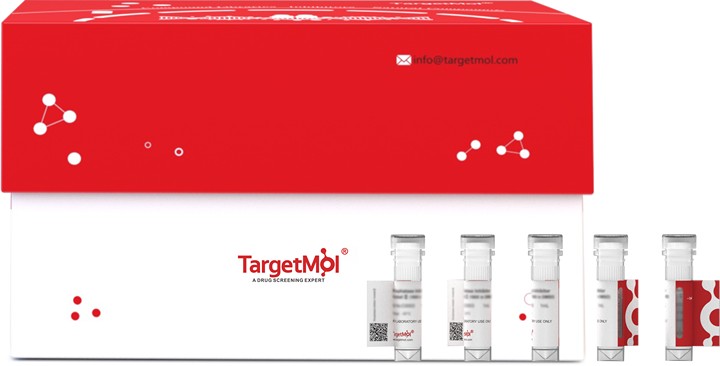购物车
- 全部删除
 您的购物车当前为空
您的购物车当前为空

Alkaline Phosphatase/ALPL Protein, Human, Recombinant (Avi), Biotinylated is expressed in HEK293 Cells. The accession number is P05186-1.

| 规格 | 价格 | 库存 | 数量 |
|---|---|---|---|
| 20 μg | ¥ 3,820 | 期货 | |
| 100 μg | ¥ 8,830 | 期货 |
| 生物活性 | Activity testing is in progress. It is theoretically active, but we cannot guarantee it. If you require protein activity, we recommend choosing the eukaryotic expression version first. |
| 产品描述 | Alkaline Phosphatase/ALPL Protein, Human, Recombinant (Avi), Biotinylated is expressed in HEK293 Cells. The accession number is P05186-1. |
| 种属 | Human |
| 表达系统 | HEK293 Cells |
| 标签 | C-Avi |
| 蛋白编号 | P05186-1 |
| 别名 | TNS-ALP,TNSALP,TNAP,TNALP,HPPO,HPPI,HPPC,HPPA,HOPS,AP-TNAP,APTNAP |
| 蛋白构建 | A DNA sequence encoding the Human ALPL (NP_000469.3) (Met1-Ser502) was fused with an AVI tag at the C-terminus. The expressed protein was biotinylated in vivo by the Biotin-Protein ligase (BirA enzyme) which is co-expressed. |
| 蛋白纯度 | ≥ 90% as determined by SDS-PAGE. ≥ 95% as determined by SEC-HPLC. |
| 分子量 | 55.21 kDa (predicted); 63.3 kDa (reducing contition, due to glycosylation) |
| 内毒素 | < 1.0 EU per μg of the protein as determined by the LAL method |
| 缓冲液 | Lyophilized from sterile 20 mM HEPES, 150 mM NaCl, 2 mM MgSO4, 0.1 mM ZnCl2, 0.1M Arg, pH 7.5. Please contact us for any concerns or special requirements. Normally 5 % - 8 % trehalose, mannitol and 0.01% Tween 80 are added as protectants before lyophilization. Please refer to the specific buffer information in the hardcopy of datasheet or the lot-specific COA. |
| 复溶方法 | Please refer to the lot-specific COA. |
| 存储 | It is recommended to store recombinant proteins at -20°C to -80°C for future use. Lyophilized powders can be stably stored for over 12 months, while liquid products can be stored for 6-12 months at -80°C. For reconstituted protein solutions, the solution can be stored at -20°C to -80°C for at least 3 months. Please avoid multiple freeze-thaw cycles and store products in aliquots. |
| 运输方式 | In general, Lyophilized powders are shipping with blue ice. |
| 研究背景 | Alkaline phosphatase (ALPL) is a hydrolase enzyme responsible for removing phosphate groups from many types of molecules, including nucleotides, proteins, and alkaloids. The process of removing the phosphate group is called dephosphorylation. As the name suggests, alkaline phosphatases are most effective in an alkaline environment. It is sometimes used synonymously as basic phosphatase. Alkaline phosphatases (APs) are ubiquitous in many species, from bacteria to human. Four genes encode AP isoenzymes in humans and rodents. Three AP genes are expressed in a tissue-specific manner (i.e., placental, embryonic, and intestinal AP isoenzymes). Expression of the fourth AP gene is nonspecific to a single tissue and is especially abundant in bone, liver, and kidney. This isoenzyme is also called tissue-nonspecific alkaline phosphatase (TNAP). The enzyme tissue non-specific alkaline phosphatase (TNAP) belongs to the ectophosphatase family. TNAP is present in large amounts in bone in which it plays a role in mineralization. |